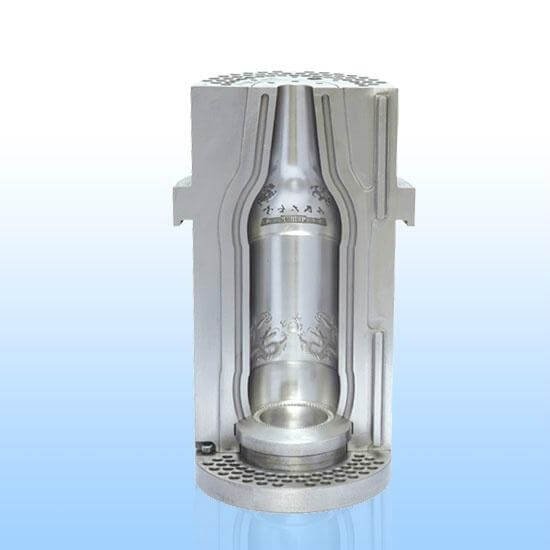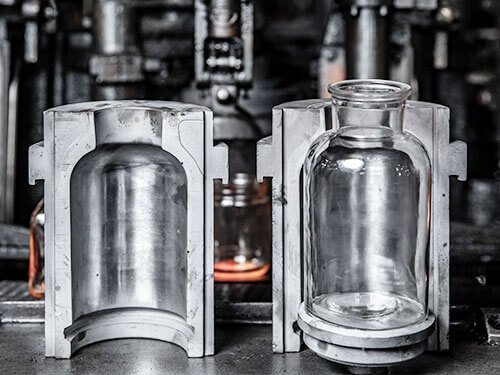When producing glass bottles, particularly for the wine industry, the quality and characteristics of molds are crucial. The following outlines the essential requirements for molds used in glass bottle manufacturing:
1. High Strength
The strength of the mold is fundamental to its performance. While high strength is essential, it is not the only criterion. It is important to assess the material’s microstructure and crystalline phase to ensure durability during the production process. A well-chosen mold material minimizes risks of damage during manufacturing, thus extending the mold’s lifespan.

2. Material Selection
Choosing the right mold material significantly impacts its operational life and precision. High-quality materials will ensure that the molds maintain their shape and effectiveness over time. Proper selection can lead to reduced production costs by improving the efficiency and lifespan of the molds.
3. Excellent Processing Characteristics
Mold materials should possess outstanding processing properties and welding characteristics. They need to withstand high temperatures and thermal cycles without deforming. This includes resistance to thermal shock, oxidation, and fatigue from continuous heating and cooling.
4. Wear Resistance and Stability
The selected mold must demonstrate excellent wear resistance and dimensional stability during production. It should maintain its shape under high temperatures and avoid excessive wear over time, ensuring consistent quality in the produced bottles.

5. Adequate Friction Resistance and Non-Wettability
Molds must also exhibit suitable friction resistance and non-wettability properties at elevated temperatures. This prevents the molten glass from sticking to the mold, facilitating easier removal and enhancing production efficiency.
6. Thermal Conductivity Considerations
The thermal conductivity of the mold material is a critical factor, particularly concerning cooling processes. The thickness of the mold, along with its cooling methods, directly affects the quality of the glass produced. A well-designed mold optimizes heat transfer, ensuring that glass solidifies correctly without defects.
Conclusion
In summary, selecting appropriate molds is essential for glass bottle manufacturers. By focusing on strength, material quality, processing characteristics, wear resistance, and thermal properties, manufacturers can enhance production efficiency and product quality while reducing costs. Proper mold design and material selection will ultimately contribute to the longevity and performance of the manufacturing process.

